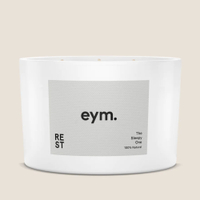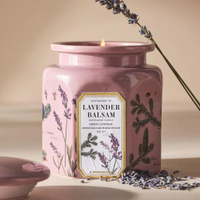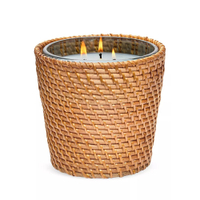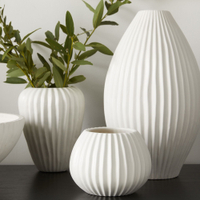The best – and worst – bedroom scents for sleep, according to experts
Fragrance experts explain which scents to use – and which to avoid – for a good night's sleep


When creating a sleep-friendly bedroom, the right scent can make all the difference. So, why not explore the world of aromatherapy and find the perfect blend to improve your sleep?
Whether you introduce these scents with a combination of your favorite flowers and herbs, scented sachets, or essential oils in candles, sprays, or diffusers, it's essential to choose scents that are calming and relaxing and stay away from anything too strong or invigorating.
Our aromatherapy and sleep experts have explained how to make your bedroom smell good for sleep and what to avoid to ensure your room is fragrant and conducive to good sleep hygiene.
The best – and worst – bedroom scents for sleep
'Scents can be both helpful and harmful for sleep because some scents help calm you down while others can be distracting, making it much more difficult to relax and fall asleep,' explains Julia Siemen, a sleep science coach at Sleep Advisor.
What are the best scents for sleep?
1. Lavender
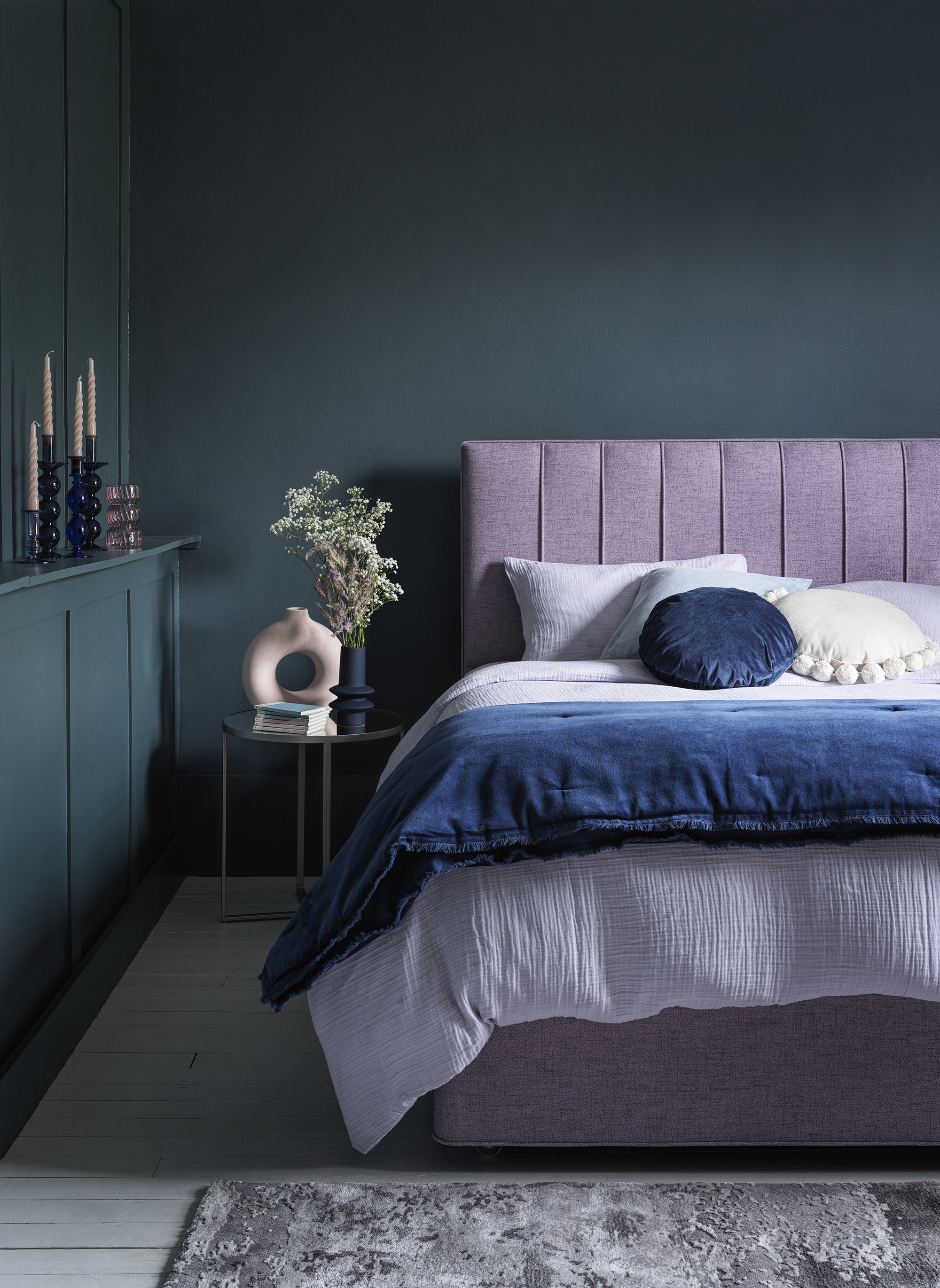
'Lavender is probably the most popular scent when it comes to encouraging a good night’s rest,' explains Nate Masterson, an aromatherapy expert for Maple Holistics. 'Compounds called linalool and linalyl acetate are found in lavender, and when inhaled, it can have relaxing and sedative effects on our central nervous system, making it an ideal scent for encouraging sleep.'
You can make a DIY linen spray for your bedding with about 20 drops of fine lavender essential oil mixed with water in a spray bottle. This way, the aroma of lavender soothes you to sleep the moment you put your head on your pillow.
Alternatively, you can use dried lavender in a sachet to keep under your pillow, on a bedside table, or hung above your bed.
Eym Rest Candle | View at Eym
This luxurious candle is soothing minimalism at its finest. The triple-wick soy base naturally diffuses a strong soothing scent into your room, without it becoming overwhelming. The blend of camomile, lavender, and sweet orange is ultra-calming.
Apothecary 18 Lavender & Balsam Jar Candle
$36 at Anthropologie
This exquisite candle is inspired by French apothecary jars and is scented with aromatic green lavender, fresh balsam, citrus accents, and warm hickory.
2. Chamomile
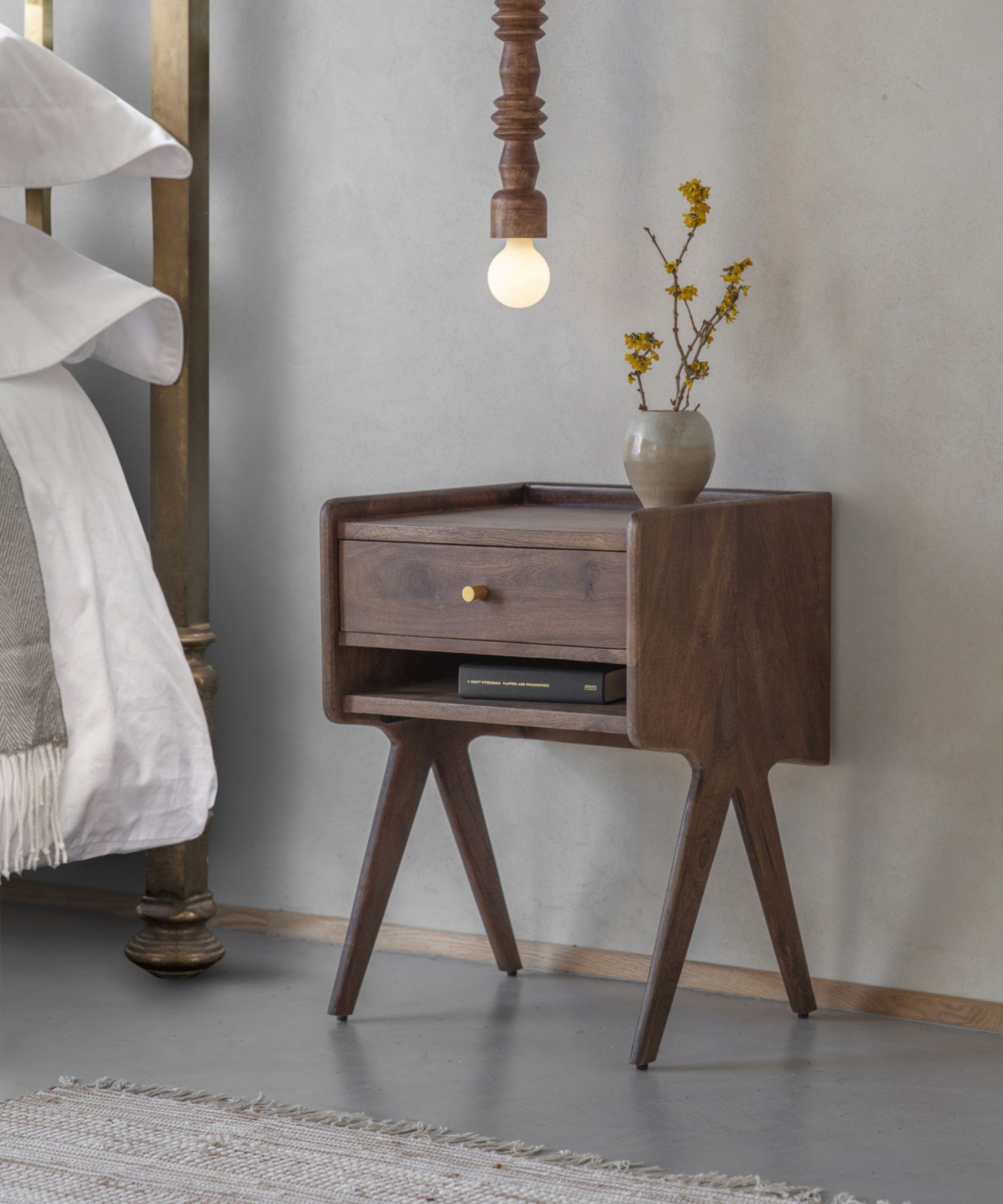
'Apigenin is a substance found in chamomile which potentially has sedative effects. Apigenin binds to benzodiazepine receptors in our nervous systems, which then promotes relaxation, meaning the scent of chamomile can help you unwind before getting into bed,' says Nate Masterson. 'There’s something comforting about the smell of chamomile; whether it’s incense or a cup of tea, chamomile is my favorite scent for bedtime.'
If you drink chamomile tea to send you to sleep, consider planting an indoor herbal tea garden. Not only will this allow you to have a supply of this herb, but if kept in your bedroom, the natural aroma of this plant can infuse your room with a subtle scent to encourage sleep.
Rattan Driftwood & Chamomile 3-Wick Candle
$96 at Saks Fifth Avenue
This limited-edition NEST New York Driftwood & Chamomile 3-Wick Candle features a removable rattan sleeve. The tranquil blend of chamomile, driftwood, sandalwood, and vanilla bean is perfect for a restful sleep.
3. Jasmine

'This floral scent is sweet and a delight for anybody’s senses. Not only does it relax you and help you sleep better, but it can effectively ease stress, and in many cases, it has been used as a way to alleviate the symptoms of depression,' says Nate Masterson. 'Benzyl acetate, linalool, and benzyl alcohol are the chemical compounds that give jasmine its therapeutic capabilities.'
If you grow jasmine, consider pruning some and putting it in a decorative vase beside your bed.
Sanibel White Ceramic Vases
$28.80 - $110.40 at West Elm
These ceramic vases are perfect for showcasing delicate jasmine blooms by your bedside.
4. Grapefruit
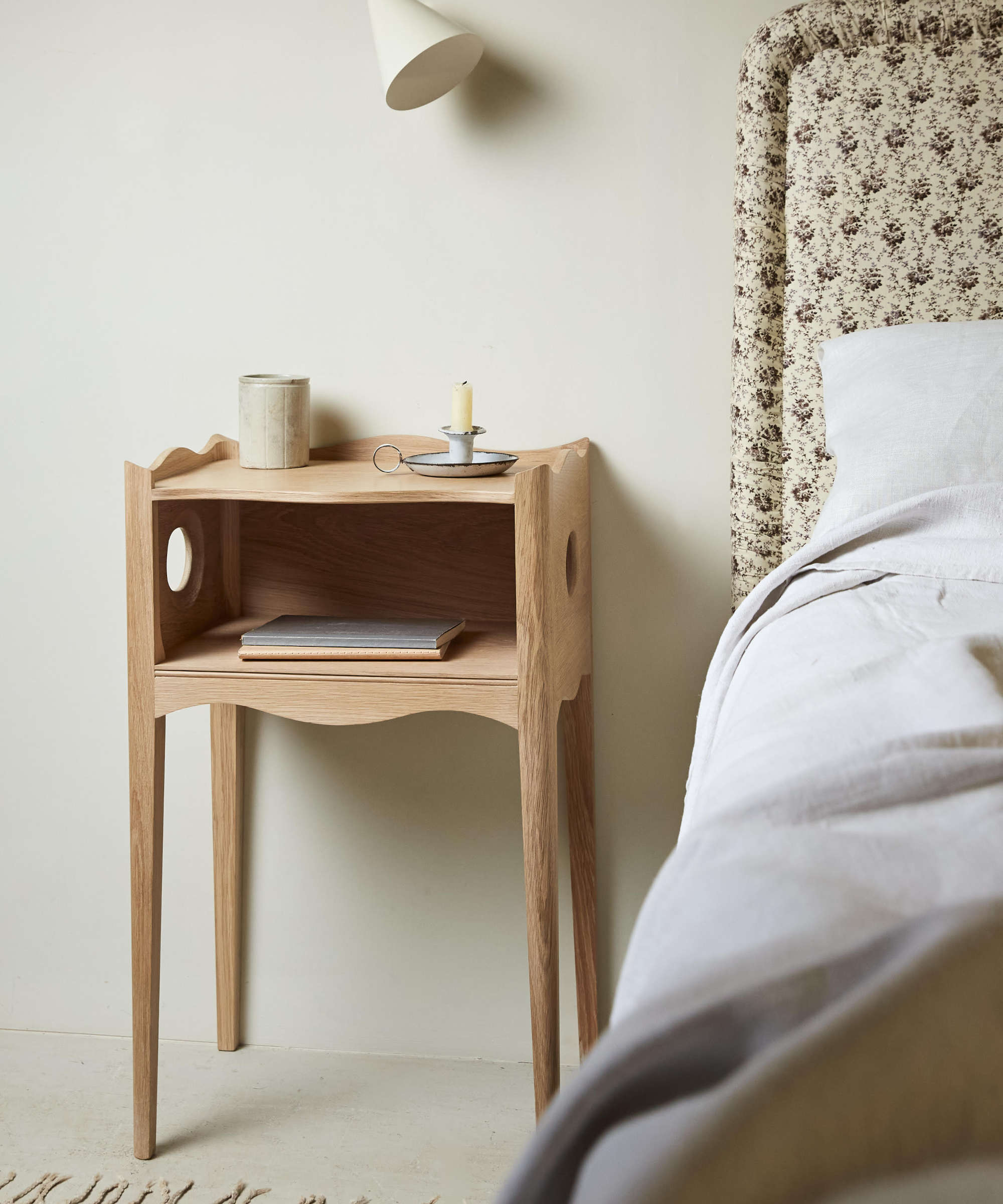
'Grapefruit – more specifically, ruby and dark pink grapefruit – contains lycopene, an antioxidant that helps promote drowsiness,' explains Nate Masterson. This makes it a fantastic scent for falling asleep with.
'Additionally, the scent of grapefruit can help regulate blood pressure levels, and it has been shown to be an effective way to ease stress.'
We love the scent of this grapefruit tealight candle pack, from Walmart.
What are the worst scents for sleep?
'Some scents can make you more alert. These scents stimulate the same nerve that is activated when you use smelling salts,' says Julia Siemen. 'Although it is not as intense, these scents can cause you to wake up.'
So, to avoid stimulating wakefulness when you are going to sleep, avoid these scents:
1. Lemon and Orange

'While lemon is a fresh, zesty scent that feels smooth and refreshing on the nose, it actually may have an energizing effect on your brain. So when we say lemon is one of the worst scents for sleep, not because it smells bad, but rather that it might keep you awake,' says Nate Masterson.
'Similar to lemon, orange can have an energizing effect on our brains,' Nate continues. 'The scent stimulates our nervous system and creates a boost of energy, which while this can be beneficial during the day, it’s not an ideal scent to use in a nighttime routine.'
2. Peppermint

Peppermint has a distinct smell that has been found to have various impacts on the brain, including boosting memory recall and feelings of alertness.
The reason for this is the scent of peppermint, primarily the menthol component, which can stimulate the areas of the brain responsible for alertness, including your hippocampus, which controls mental clarity and memory.
You can also create a personalized blend by fragrance layering. Creating a signature scent can evoke a sense of familiarity and security in your bedroom, helping you indicate to your brain that it's time to relax and unwind.
'It's equally important to establish a consistent pre-bedtime ritual,' says Michael Laauwe, certified master life coach and founder of Positive Thinking Mind. 'Familiar routines signal impending rest, preventing the mind from spinning into worry mode.'
Sign up to the Homes & Gardens newsletter
Design expertise in your inbox – from inspiring decorating ideas and beautiful celebrity homes to practical gardening advice and shopping round-ups.

Lola Houlton is a news writer for Homes & Gardens. She has been writing content for Future PLC for the past six years, in particular Homes & Gardens, Real Homes and GardeningEtc. She writes on a broad range of subjects, including practical household advice, recipe articles, and product reviews, working closely with experts in their fields to cover everything from heating to home organization through to house plants. Lola is a graduate, who completed her degree in Psychology at the University of Sussex. She has also spent some time working at the BBC.
-
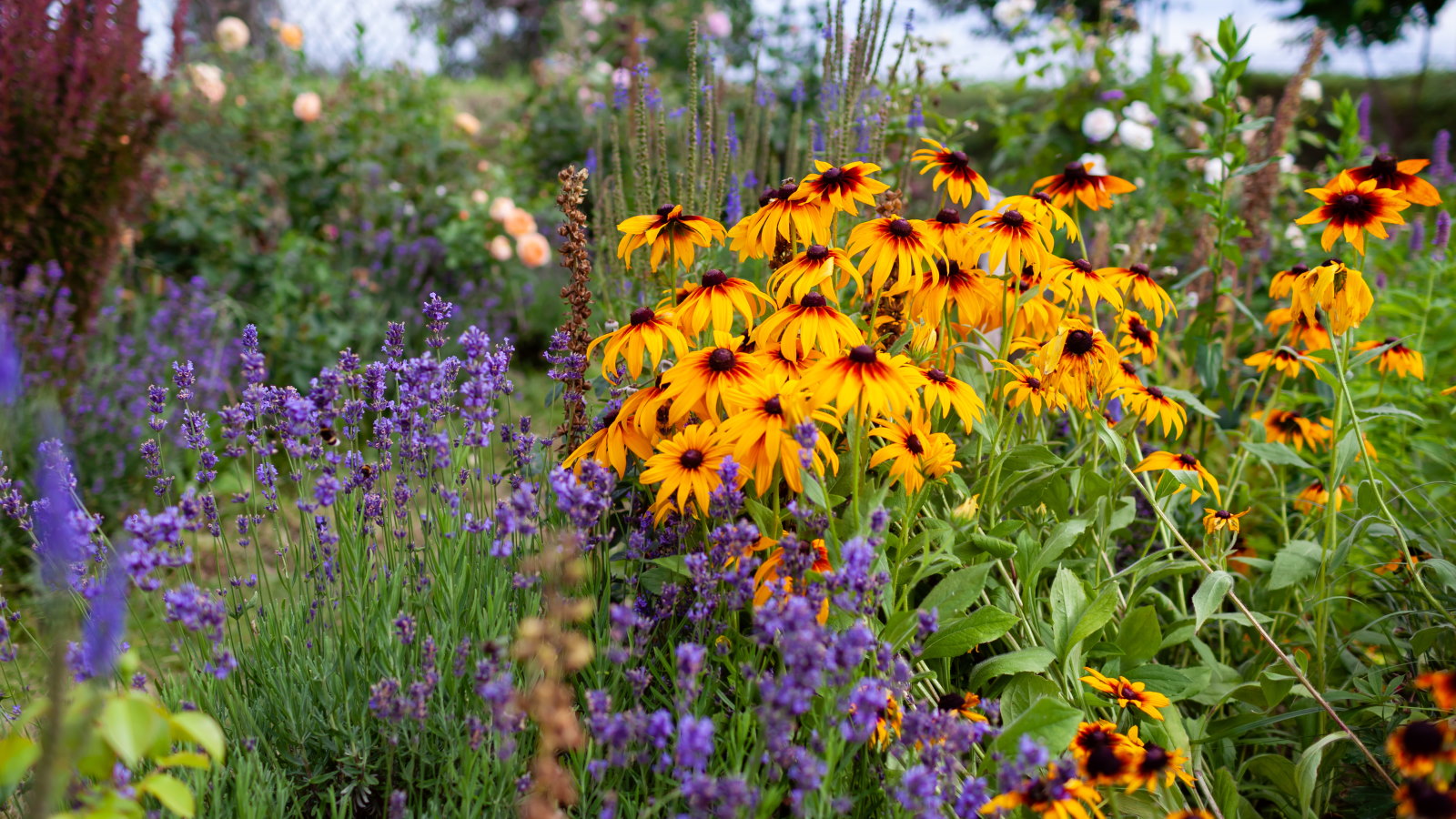 Garden experts warn against overcrowding flower beds – why this on-trend look is the worst thing you can do
Garden experts warn against overcrowding flower beds – why this on-trend look is the worst thing you can doIt's tempting to create an abundant, overflowing garden bed, but it can limit your plants in more ways than one
By Tenielle Jordison Published
-
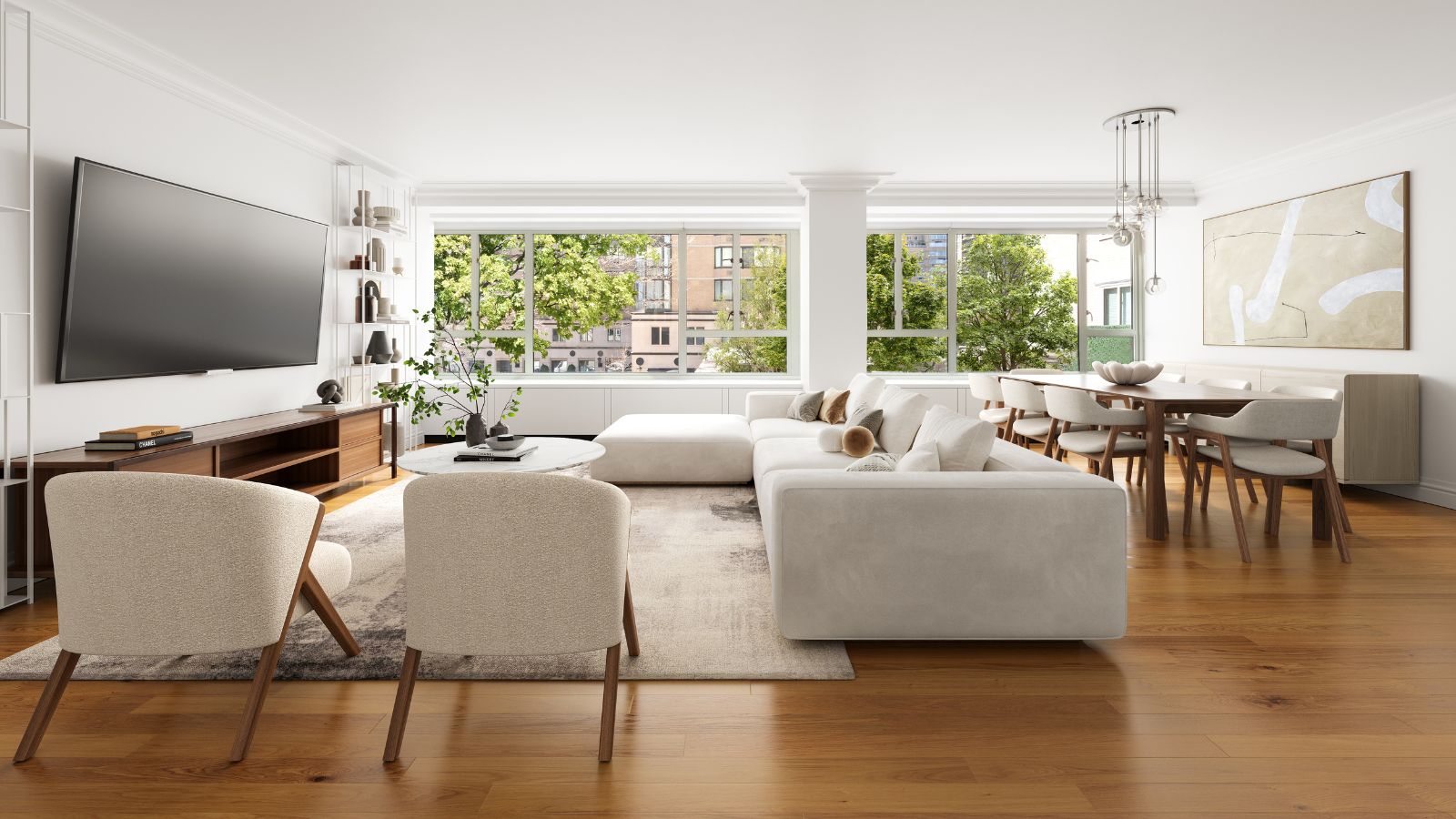 Grace Kelly's former living room set the blueprint for quiet luxury – you can explore her NYC penthouse (listed for $3.25 million)
Grace Kelly's former living room set the blueprint for quiet luxury – you can explore her NYC penthouse (listed for $3.25 million)A unit in the storied Manhattan House, where Grace Kelly, Benny Goodman, and Shirley Jackson have lived, has hit the market – it's a masterclass in neutrals
By Hannah Ziegler Published
